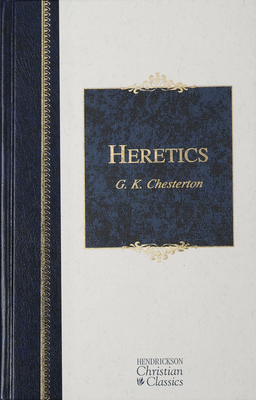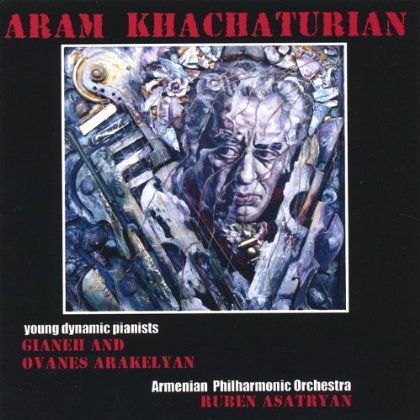
description
ty pointed essays, G. K. Chesterton (1874-1936) nimbly punctures the philosophical pretensions of modern non-Christian thinkers and artists--heretics, as he calls them. Chesterton good-naturedly takes on contemporaries Rudyard Kipling, H. G. Wells, James McNeill Whistler, and even his good friend George Bernard Shaw, exposing the muddled logic of their popular ideas with his characteristic wisdom and razor-sharp wit. He also begins to lay the groundwork for Orthodoxy, his subsequent account of a rational and coherent Christian faith.
G. K. Chesterton (1874-1936) was one of C. S. Lewis' primary mentors in apologetics, and an influence even in his conversion. Novelist, poet, essayist, and journalist, Chesterton was perhaps best known for his Father Brown detective stories. He produced more than 100 volumes in his lifetime, including biographies of St. Francis of Assisi and St. Thomas Aquinas. His Everlasting Man, which set out a Christian outline of history, was one of the factors that wore down Lewis' resistance to Christianity. Chesterton was one of the first defenders of orthodoxy to use humor as a weapon. Perhaps more important was his use of reason to defend faith.
G. K. Chesterton (1874-1936) was one of C. S. Lewis' primary mentors in apologetics, and an influence even in his conversion. Novelist, poet, essayist, and journalist, Chesterton was perhaps best known for his Father Brown detective stories. He produced more than 100 volumes in his lifetime, including biographies of St. Francis of Assisi and St. Thomas Aquinas. His Everlasting Man, which set out a Christian outline of history, was one of the factors that wore down Lewis' resistance to Christianity. Chesterton was one of the first defenders of orthodoxy to use humor as a weapon. Perhaps more important was his use of reason to defend faith.
member goods
No member items were found under this heading.
Return Policy
All sales are final
Shipping
No special shipping considerations available.
Shipping fees determined at checkout.







